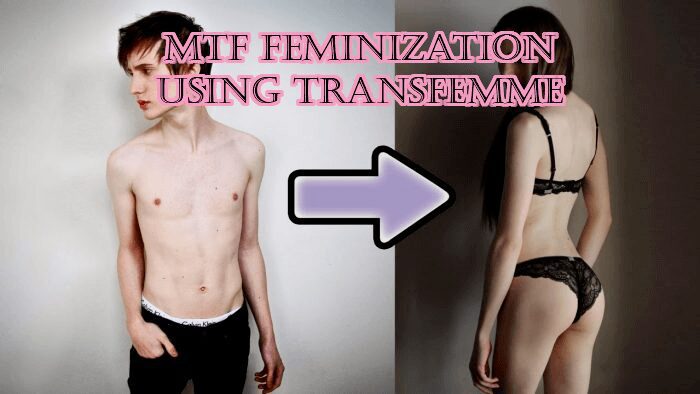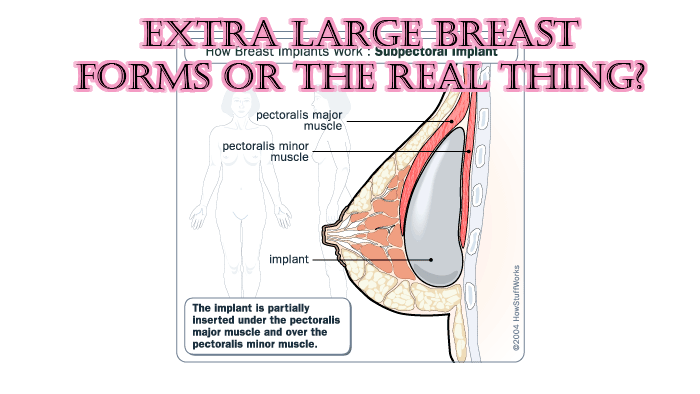Male-to-female surgery, or gender reassignment surgery, is a procedure that changes the male reproductive organs into female reproductive organs. This surgery is often performed on transgender women, people who identify as women but were born with male reproductive organs and male chromosomes, or intersex chromosomes. The goal of the surgery is to create a body that matches the person’s internal gender identity.
There are several different types of MTF surgery that can be performed to change the male reproductive organs into female reproductive organs. The most common type of surgery is called vaginoplasty. This surgery creates a vagina by taking skin from the penis and scrotum and using it to form the new vaginal walls. bowel vaginoplasty is a surgery in which a section of bowel is used to create a vagina. This surgery is most commonly used to treat vaginal agenesis (a birth defect in which the vagina does not form), to create a vagina in people who have undergone male-to-female gender affirmation surgery, or to fix a failed vaginal reconstruction.
The clitoris is also usually recreated using tissue from the penis.
Other surgeries that may be performed include breast augmentation, liposuction, Adam’s Apple reduction, vocal surgery, and hair removal.


What is Gender Reassignment Surgery?
Gender reassignment surgery, or sex reassignment surgery, is a surgical procedure that changes the genitals of someone born with a reproductive system that doesn’t match their gender identity. This type of surgery is often used to treat gender dysphoria. Gender dysphoria is a condition where someone feels like their gender identity doesn’t match the gender they were assigned at birth.
There are both pros and cons to undergoing gender reassignment surgery. Some pros include a greater sense of self-esteem and happiness, improved mental health, and increased satisfaction with life. Some cons include the cost of surgery, the risk of complications, and the fact that not everyone is eligible for surgery.
Gender reassignment surgery is a major decision, so it’s important to weigh all the pros and cons before making a final decision and being 100% sure that you are ready to live your life as a woman. If you’re considering surgery, be sure to talk to your therapist and doctor about your options and what to expect.
Male to female (MTF surgery) is a major operation that requires extensive healing time. Most people require at least six weeks of recovery time before they can resume normal activities. There are also some risks associated with the surgery, including infection, bleeding, and scarring. However, most people who undergo gender reassignment surgery report feeling much more comfortable in their own skin after the operation. A certain percentage of Sex Reassignment Patients want to transition back to being male. We have also had customers tell us they have complications such as pain, leaving them unable to have sex, and unpleasant odors that will not go away (presumably, this is caused by the bowel resection method.
Most of our Transfemme® customers are happy to live as Tgirls without resorting to drastic and dangerous surgery.






